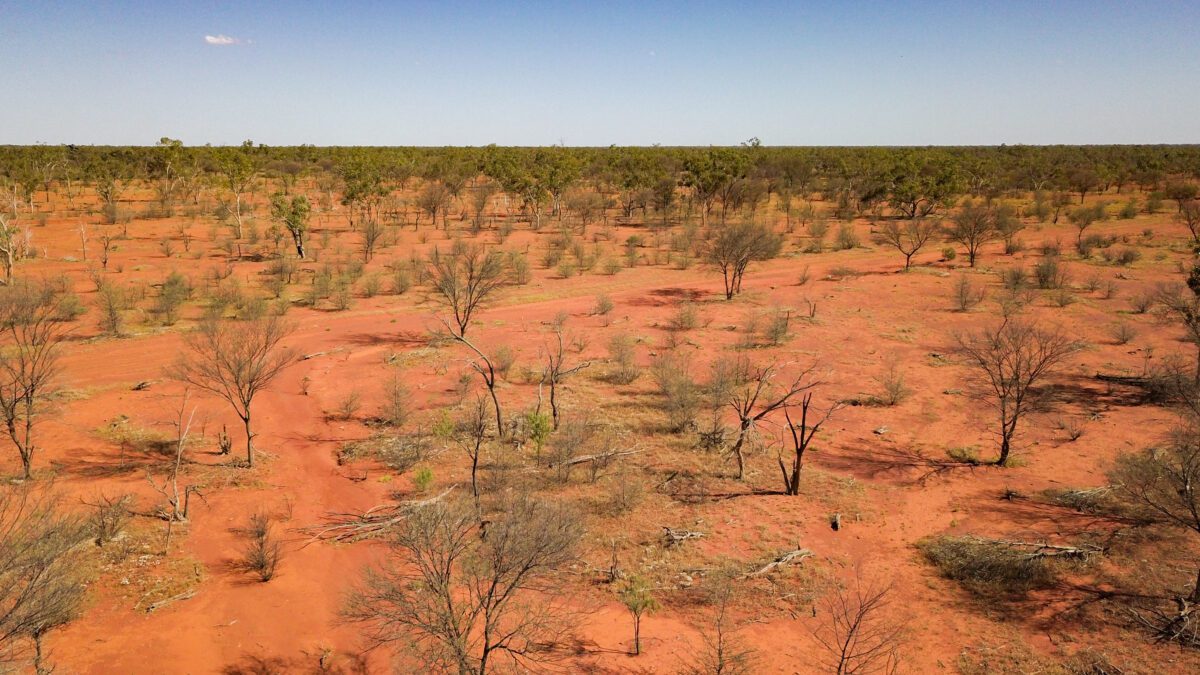This week’s decision by the Queensland Government to legislate a strong 2035 emissions reduction target of 75% is another important marker in driving state and federal climate ambition, according to the Carbon Market Institute (CMI). The move follows the passing of a similar bill in New South Wales late last year, and the tabling of proposed amendments to Victoria’s Climate Change Act to establish a 2035 goal of 75-80% reductions.
Recognising the successful passing of the NSW legislation with bipartisan support, CMI encourages the Liberal National Party of Queensland to support the bill through the Legislative Assembly and into law.
CMI CEO John Connor said: “We welcome the Queensland Government’s ambitious 2035 emissions reduction target and call on the opposition to grant this target bipartisan support for investor certainty. This ambitious target sends a clear signal to the Federal Government as it looks to establish its own 2035 nationally determined contribution under the Paris Agreement, which will be due by COP30 next year in Brazil.
“While Queensland looks to transform its relatively carbon intensive economy alongside this ambitious emissions trajectory, the inclusion of the new Clean Economy Expert Panel is a welcome addition to ensure that Queensland workers are supported, and the principles of a just transition are embodied within these goals.”
“Queensland has abundant’ opportunities not only in clean energy but a range of climate solutions including land-based and geological sequestration of carbon dioxide. As recognised in our annual Carbon Farming Scorecard report, Queensland is an acknowledged leader in supporting land-based sequestration investments that deliver social and environmental benefits, and has great potential to further boost this investment with ambitious targets and policies.”
Details of the tabled Clean Economy Jobs Bill include:
- Maintaining the current 2030 emissions reduction target of 30% below 2005 levels, followed by an interim 2035 target of 75% below 2005 levels, and ultimately net zero by 2050.
- A requirement upon the Minister for Energy and Clean Economy Jobs to set further interim targets for 2040 and 2045, one-decade prior.
- A further requirement for the Minister to publish an annual statement for each financial year, demonstrating progress made towards the target based on emissions inventories. In addition, the statement must highlight efforts by the State Government to enhance job opportunities in emergent industries, and support those in emissions intensive industries that are scaling down.
- The development and publication of sectoral emissions reduction plans by no later than 31 December 2024, with Ministerial review of these plans required on a 5-year cycle from their publication.
- The establishment of a Clean Economy Expert Panel to advise the Minister on progress towards achieving emissions reduction targets, including the impact that achieving targets may have on local communities and job opportunities.
About the Carbon Market Institute
The Carbon Market Institute (CMI) is a member-based institute accelerating the transition towards a negative emissions, nature positive world. It champions best practice in carbon markets and climate policy, and its 150+ members include primary producers, carbon project developers, Indigenous organisations, legal, technology and advisory services, insurers, banks, investors, corporate entities and emission intensive industries. The positions put forward constitute CMI’s independent view and do not purport to represent any CMI individual, member company, or industry sector.



